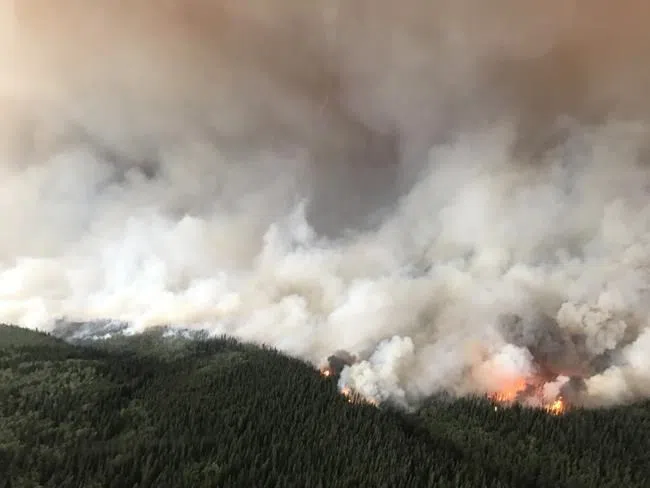
Logging company employee dies working on Vancouver Island wildfire
NANAIMO, B.C. — A logging company employee has died while working at a wildfire in the Nanaimo Lakes area on Vancouver Island.
The province’s workplace safety authority confirmed a TimberWest employee was found dead in a vehicle south of Nanaimo around 10 p.m. on Monday.
“The worker was not a firefighter. Early information indicates the worker was making a delivery to forest wildfire fighters,” WorkSafeBC spokeswoman Trish Knight Chernecki said.
She said a WorkSafe investigator was sent to the scene. Knight Chernecki said the death was not related to a crash but could not give any more details, including the person’s name, age and gender.
